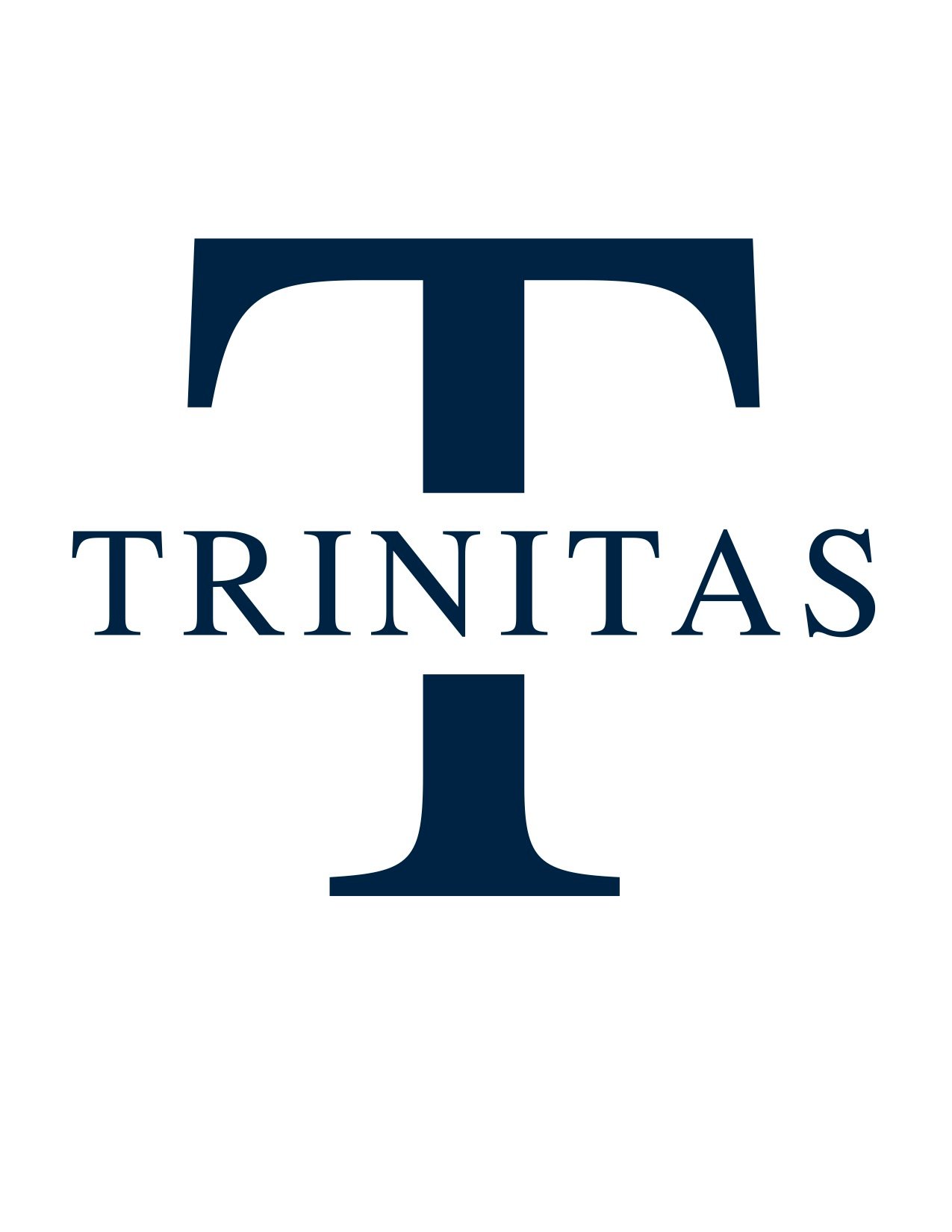
It's easy to assume that because classical Christian schools like Trinitas are not publicly-funded, government schools, they must be substantially the same as other private Christian schools of which there are many in our area. This understanding, however, is fundamentally flawed. Since its inception in 1999, Trinitas has maintained a commitment to a classical approach to Christian education which has resulted in the school being accredited by the Association of Classical Christian Schools (ACCS). To aid in understanding the differences between traditional Christian schools and classical Christ-centered schools like Trinitas, consider the following indicators of a classical approach to education.
A Love of Old Things That Have Lasted
How do we know what we know? What things are best? We look to the unfiltered, uninterpreted past, or in Latin ad fontes. When textbooks and worksheets dominate the curriculum, primary sources are often noticeably lacking. A 5”x8” history card on the Lewis and Clark Expedition is one thing, but the classical teacher brings his intimate knowledge of The Journals of Lewis and Clark to the conversation.
The Master-Disciple Relationship
How will the student become like his master? By imitating the master as the master imitates Christ. The careful selection of teachers who are committed both to discipling students and embodying the passionate pursuit of truth, goodness, and beauty through learning is of the utmost importance in classical schools. For these schools, truly the teacher is the curriculum.
The Study of Latin and English Grammar
How does language express what it is to be human? Precision of language makes all the difference when one is trying to understand the world or get the world to understand him. The rigorous study of grammar in both their native tongue and in other classical languages such as Latin and Greek, enable students to polish their linguistic skills while also developing their intellects.
A Wise and Virtuous Use of Leisure Time
Since the question is, “What ought we do?” not, “What can we do?”, classical school train their students toward lives of intentionality and ordered affections. Through a structured liturgy of worship, work, reflection, and play, students are being taught how to enjoy the best things in life and eschew that which is vapid and vain.
Contemplation of Difficult Questions
What does “X” imply about our place in the world? In addition to reading good books, students are called to do the hefty work of contemplating and responding to thought-provoking questions under the direction of their teacher in the community of their peers. If true learning and training in virtue so that one can better glorify God is the goal, then all of the excess baggage of progressive education - social engineering, vocational training, endless assessing, and agenda advancing - should be banned from the classroom to create space for true education.
Because classical education is about these things it is not difficult to see how classical Christian schools like Trinitas differ from other private school choices and certainly from the government schools. Classical education brings “the things which last into our souls, so that our souls can last, too.”



